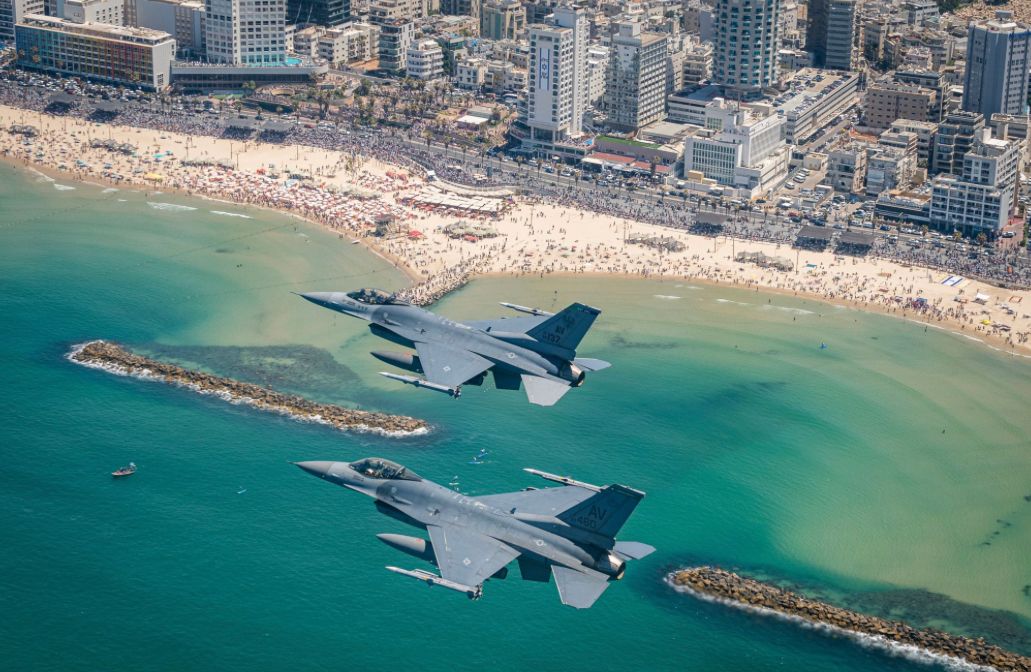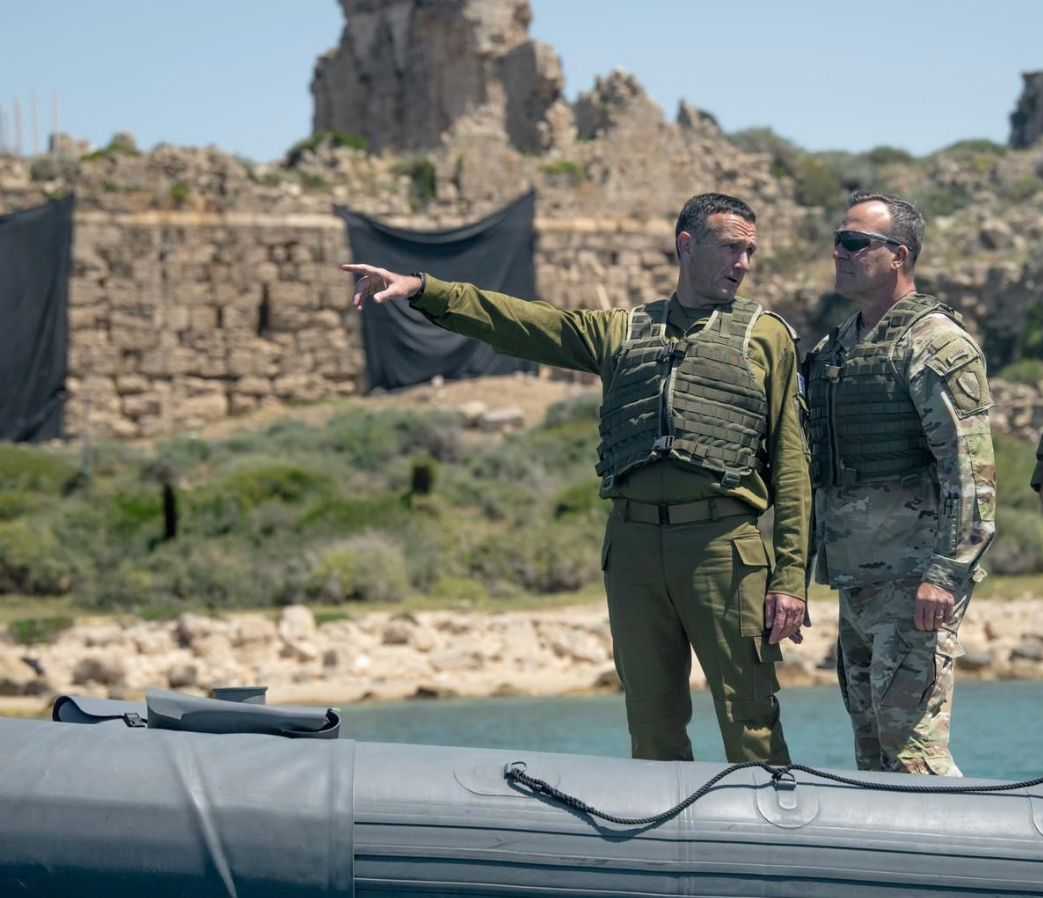IDF praises strong cooperation with US army despite political tensions between Washington and Jerusalem

IDF Chief Spokesperson Brig.-Gen. Daniel Hagari praised the “unprecedented” level of cooperation between the United States and the Israeli military despite the current political disagreements between the Biden and Netanyahu administrations.
“In all my years, I cannot recall such extensive cooperation as we currently have with the US Central Command, encompassing the entire US military and the US intelligence services," Hagari affirmed.
"Such collaboration has not existed previously. We are experiencing unprecedented levels of intelligence coordination," the senior IDF official added.

Israeli Defense Minister Yoav Gallant, a retired general of Israel Defense Forces and a former naval elite commando, has developed close professional ties with his U.S. counterpart Defense Secretary Lloyd Austin.
This cooperation has become more extensive during Israel's ongoing war with the terrorist organization Hamas in the Gaza Strip. Austin recently hosted Gallant at the Pentagon, where the two top defense officials reportedly exchanged views on the war.
Lloyd underscored Washington’s commitment to the Jewish state’s security and its right to self-defense while simultaneously including the Palestinian Authority (PA) in a long-term political agreement aimed at reviving the two-state option.
“We continue to share the goal of seeing Hamas defeated, so we’ll discuss alternative approaches to target Hamas elements, and we must also plan for Israel’s security after this conflict ends, and that includes working in renewed cooperation with the Palestinian Authority and our regional partners to stabilize Gaza and to move toward a two-state solution,” Austin stated.
However, the U.S. defense secretary did not mention the PA's incitement against Israel or its 'pay for slay' policy that rewards Palestinians for committing acts of terror against Israelis.
Austin said, “The safety of the 1.5 million Palestinian civilians in Rafah is also a top priority for the United States.”
While the Biden administration supports Israel’s right to self-defense in general, it is opposed to a major IDF incursion in Rafah against Hamas because of the presence of so many civilians in the area.
Gallant stressed the importance of continued close military and diplomatic ties between Washington and Jerusalem to secure the release of the hostages being held by Hamas in Gaza since Oct. 7.
“The negotiation on the hostages issue and Hamas positions require us to join hands in the – in our military and diplomatic efforts – and to increase pressure on Hamas,” Gallant assessed.
“We will also discuss strategic issues and the important cooperation between our establishment, which will ensure Israel’s military edge and capabilities,” the Israeli defense minister added.
In April 2023, U.S. Central Command (CENTCOM) General Michael E. Kurilla hailed the close military ties with Israel during a visit to Israel.
“As with every visit to the IDF, I was thoroughly impressed by the readiness for combat that I saw here. Our military relationship with Israel is solid,” Kurilla stated at the time.

While attention is currently centered on Hamas and Gaza, the Iranian regime that backs Hamas poses the greatest strategic threat in the Middle East.
In January 2024, the U.S. and Israeli armed forces conducted a significant military drill to evaluate the preparedness of both nations in responding to Iran and its nuclear ambitions.
Some Israeli and international pundits believe the war in Gaza has served as a distraction from Tehran’s nuclear ambitions. U.S. nuclear expert David Albright warned in January that the Iranian regime is getting dangerously close to enriching weapons-grade uranium for a few nuclear bombs.
“Iran can quickly make enough weapon-grade uranium for many nuclear weapons, something it could not do in 2003. Today, it would need only about a week to produce enough for its first nuclear weapon. It could have enough weapon-grade uranium for six weapons in one month, and after five months of producing weapon-grade uranium, it could have enough for twelve,” Albright said.

The All Israel News Staff is a team of journalists in Israel.













